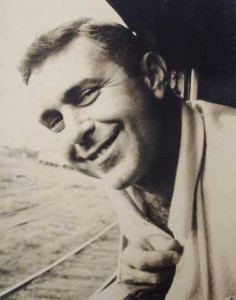
On 17 April 2013, Cuban intelligence officer Nicolás Alberto Sirgado Ros ((The Granma article provides “Ross” as his maternal family name, but this appears to be a clerical error.)) died at the age of 77 years according to a short notice published on 19 April by Granma, the official newspaper of the Cuban Communist Party. Cuban website CubaDebate published a lengthier profile of Sirgado, noting that he worked as a double agent for Cuba against the CIA for ten years beginning in 1966. Miami-based website CafeFuerte also profiles Sirgado, adding that “on three occasions, he was subjected to lie detector testing, without his real mission being discovered.”
Sirgado discussed his experience working against the CIA in an interview transcribed in a document titled “CIA: Cuba Accuses” that was published in English in Cuba in 1978. When asked “Did they ever use a lie detector on you?” Sirgado replied:
Yes, they used a lot of security measures. They used the lie detector three times. Sometimes there were lie detector sessions that were more than two and a half hours long.
Clearly, the CIA’s aim in using this method is not so much to find out whether or not you’re lying as to break you down, humiliate you, impose machine over mind. Whether or not it’s effective, the method really seeks to humiliate and denigrate. It’s a reflection of this espionage organization, built upon mistrust and of the lack of moral values to support its activities.
Sirgado is not the only Cuban double agent to fool the polygraph. DIA officer Ana Belen Montes passed the polygraph at least once while spying for Cuba. And former CIA officer Robert David Steele writes, “Two of my classmates got wrapped up in Cuba (and appeared on international television) because the Cuban double-agents all managed to pass the polygraph.”
Make-believe science yields make-believe security.